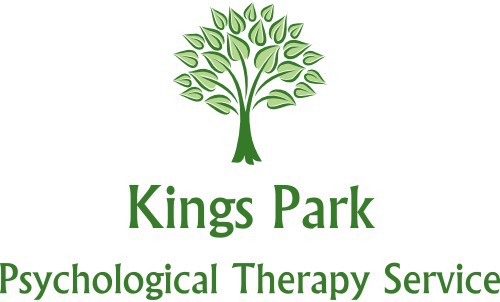Types of Therapy
We are all unique and over the years we have found that the same experience for one may not have the exact same effect on the next person. That's why we like to offer you an individual 'integrated' therapy that will meet your needs and experiences.
Here are some of the approaches that we offer...
Cognitive behavioural therapy (CBT) is a talking therapy that helps you understand the links between thoughts, feelings and behaviour. This allows you to manage your problems by helping you change the way you think and behave.
CBT doesn't remove your problems, but helps you manage them in a more effective way. It encourages you to examine how your actions and thoughts can affect how you feel.
It's based on the idea that the way you think about a situation affects how you feel and act. In turn, your actions influence the way you think and feel. It's therefore necessary to change both thinking (cognition) and action (behaviour) at the same time.
CBT is an active therapy, and you'll be expected to work on your problems between sessions, trying out different ways of thinking and acting, as agreed with your therapist. The aim is for you to develop the skills to become your own therapist.
CBT is usually a short-term goal focussed treatment
The National Institute for Health and Care Excellence (NICE) recommends the use of CBT for:
- depression
- anxiety
- panic disorder
- obsessive compulsive disorder (OCD)
- post-traumatic stress disorder (PTSD)
- long-term illnesses
- eating disorders, such as anorexia and bulimia
Psychodynamic therapy is a more in-depth form of therapy than counselling, and it can be used to address a wider range of issues. Psychodynamic therapy can help you explore your thoughts, feelings and beliefs, which may involve discussing past events, such as those from your childhood.
Your therapist will help you consider how your personality and life experiences influence your current thoughts, feelings, relationships, and behaviour. This understanding should enable you to deal with difficult situations more effectively.
Depending on your problem, psychodynamic therapy can be short or long term. Adults, young people and children can all benefit from psychodynamic therapy. Sessions can take place on a one-to-one basis, in couples or with families.
Psychodynamic therapy can be used to treat a wide range of mental health conditions, including:
- depression
- anxiety disorders
- borderline personality disorder (BPD)
- obsessive compulsive disorder (OCD)
- post-traumatic stress disorder (PTSD)
- long-term illnesses
- eating disorders, such as anorexia nervosa, bulimia and binge eating
- drug misuse
People dealing with stress, bereavement, divorce, redundancy, or relationship problems may also benefit from psychodynamic therapy.
Mindfulness-based therapies help you focus on your thoughts and feelings without becoming overwhelmed by them.
They can be used to help treat depression, stress, anxiety, and addiction.
NICE recommends mindfulness-based therapies to help people avoid repeated bouts of depression.
Dialectical behaviour therapy (DBT) is a type of talking treatment. It's based on cognitive behavioural therapy (CBT), but has been adapted to help people who experience emotions very intensely.
The goal of DBT is to help you learn to manage your difficult emotions by letting yourself experience, recognise and accept them. Then as you learn to accept and regulate your emotions, you also become more able to change your harmful behaviour. To help you achieve this, DBT therapists use a balance of acceptance and change techniques.
Acceptance techniques focus on understanding yourself as a person, and making sense of why you might do things such as self-harm or misuse drugs. A DBT therapist might suggest that this behaviour may have been the only way you have learned to deal with the intense emotions you feel – so even though it’s damaging to you in the long-term, and may be alarming to other people, your behaviour actually makes sense.
DBT uses change techniques to encourage you to change your behaviour and learn more effective ways of dealing with your distress. It encourages you to replace behaviours that are harmful to you with behaviours that can help you move forward with your life. For example, you can learn to start challenging your unhelpful thoughts and develop a more balanced way of looking at things.
If you have any further questions, please call us for a free 15 minute telephone consultation.

